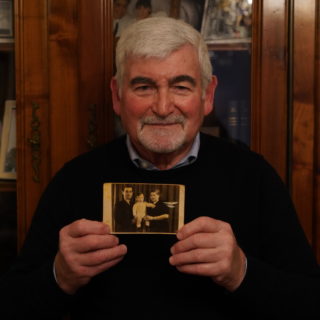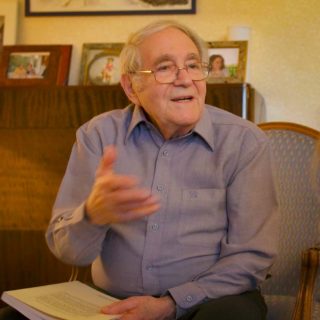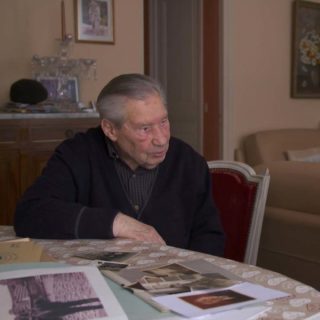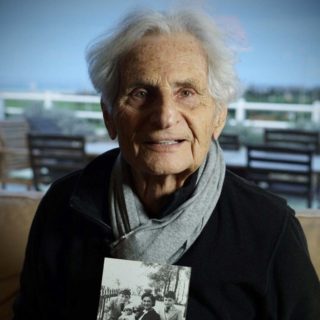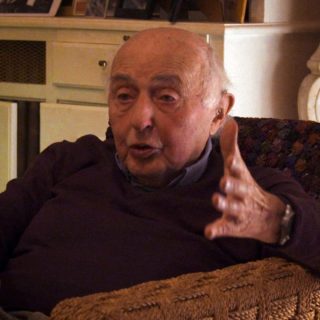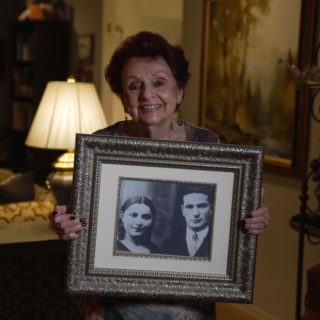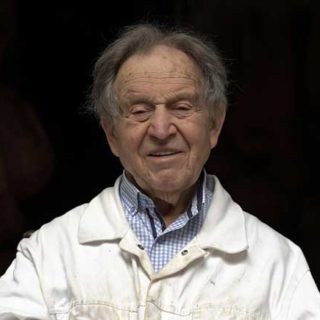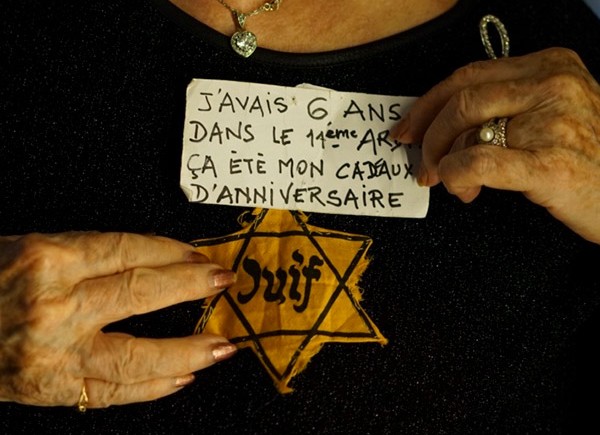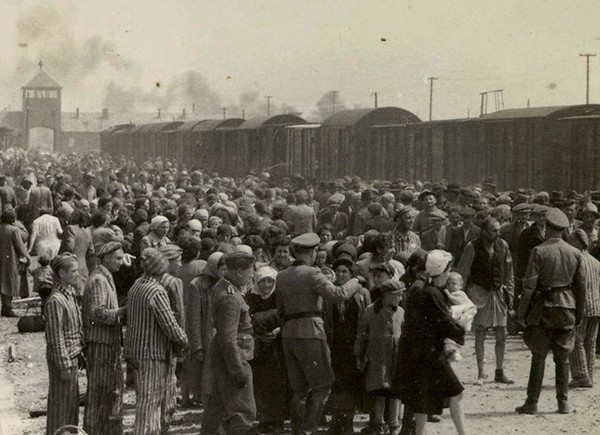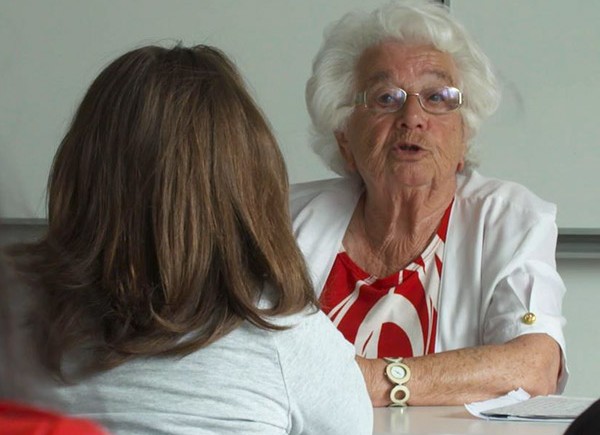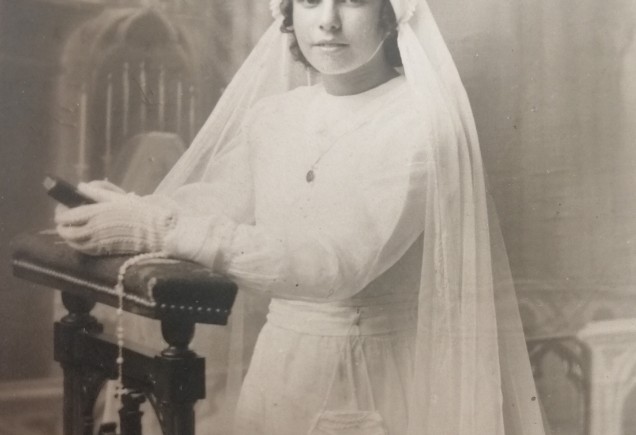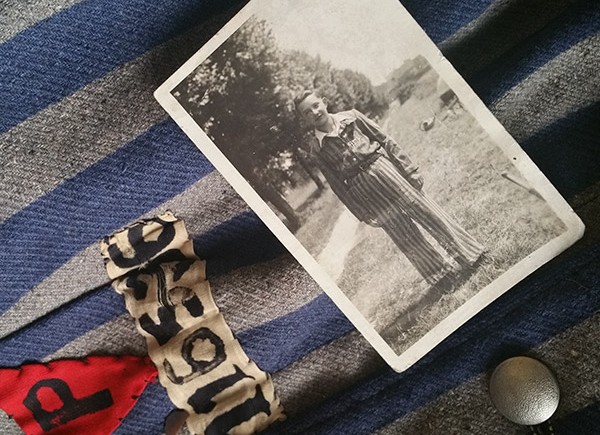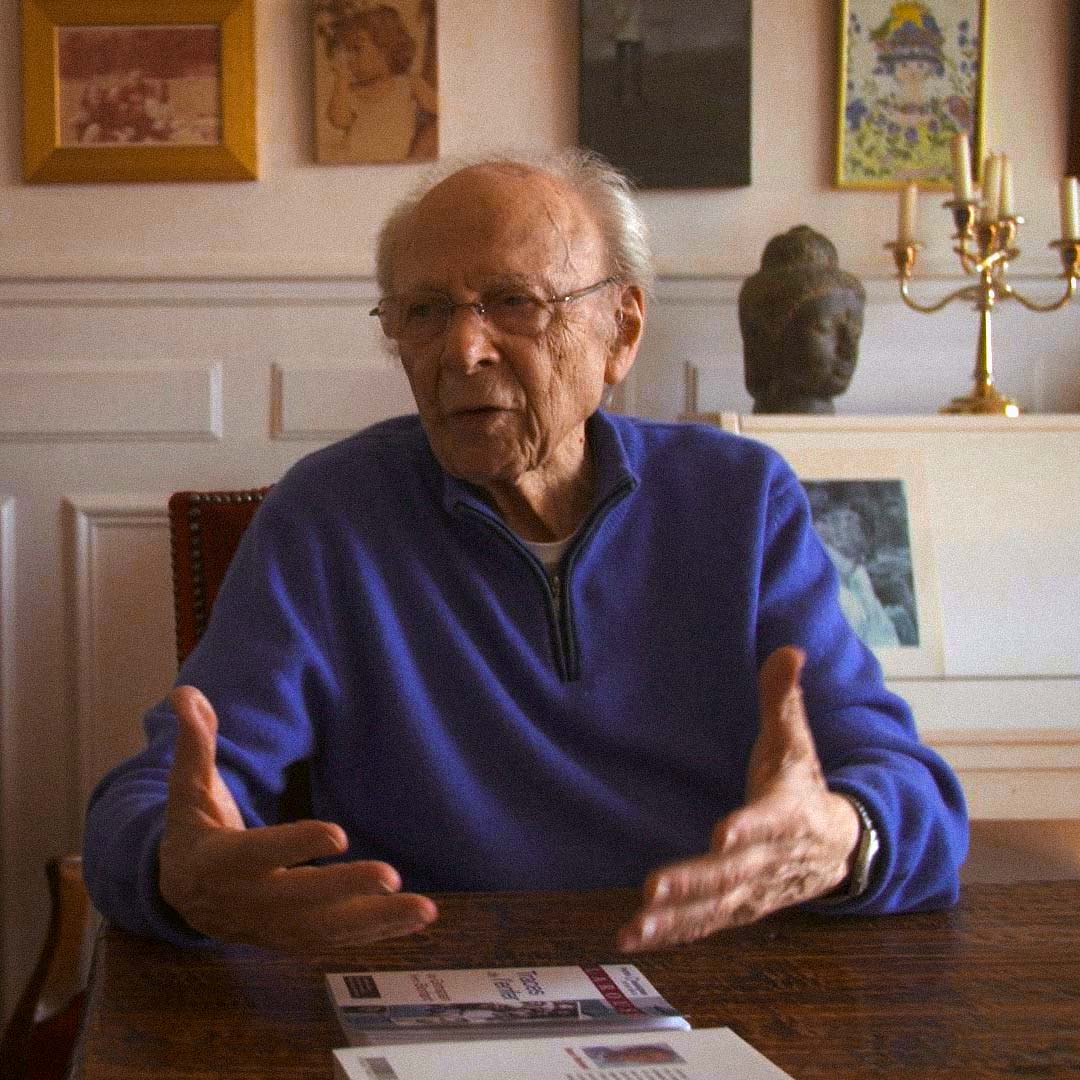
Henri
Borlant
Henri Borlant
My visit to Henri

Clips
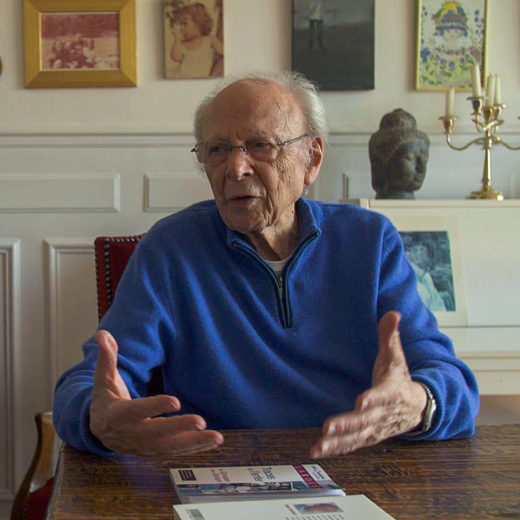
Henri
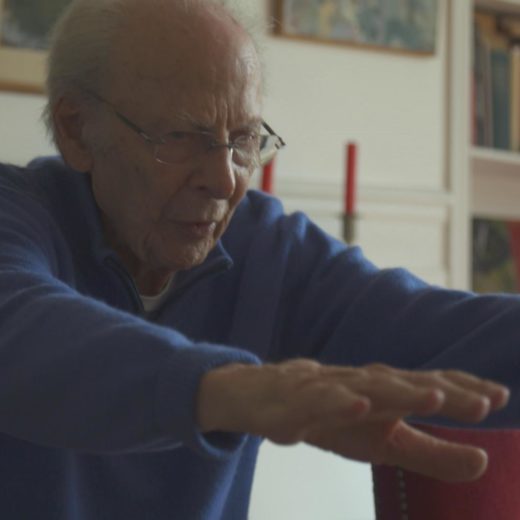
Henri
Livres
–
There are not many left who can bear witness to the concentration camps. Barely a hundred men and women, who were silent for a long time in the face of a post-war France that was reluctant to listen to them. Survivors thanks above all to a succession of chance events, they were able to rebuild their lives with remarkable courage. Sophie Nahum went to meet the “Last Ones”, these extraordinary resilient people, including Ginette Kolinka and Élie Buzyn, for a series of short documentaries, from which results this choral book. Their testimonies echo each other, while revealing the singularity of each destiny. In this way, the last survivors of the Shoah – 75 years after the liberation of Auschwitz – offer us a poignant look at their experiences.
“Touching. These men and women speak from the heart”. Paris Match
“My heart beat for [this] book.” Leila Kaddour.
Sophie Nahum has been making documentaries for over 20 years. After working for the major channels, most notably Arte, she decided to produce her films independently. Young et moi (2015, awarded at FIGRA) was the first, followed by the multi-media project “Les Derniers”, to which she has devoted herself entirely for the past four years.








